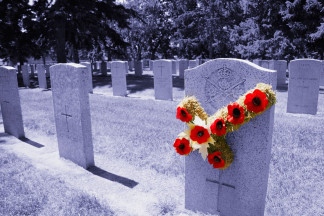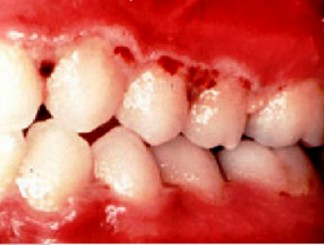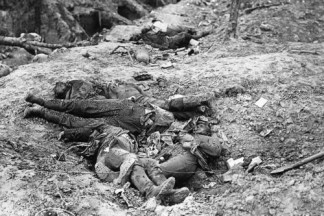Need an Appointment?
If you'd like to book an appointment with the dentist at Seymour Dental then contact us, or call us in Dulwich Hill, Sydney on (02) 9564 2397.
The First World War where the Anzacs first fought was a terrible war. Not so much for the deaths during battle but because of the medical and dental health problems that they had to face. In fact it was noted by Colonel Graham Butler, an Army medical officer at Gallipoli, where he wrote of the disease debacle of Gallipoli. He also recorded that in the summer of 1915, a serious, fly-borne epidemic of intestinal infection attacked the Anzacs.
The main conditions that the Anzacs faced include the following:
- Trench foot – caused by exposure to cold and damp conditions. This reduces the amount of blood flow and oxygen to the feet resulting in blackened rotten feet. Then toes can be lost.
- Dysentery – This caused most of the deaths and was the biggest problem in Gallioplli. It is a disease of the intestines that causes blood and mucous forming in severe diarrhoea. This is caused by poor sanitation. This can be attributed to the build-up of human and food waste and the inability to remove dead bodies. Even the simple act of washing hands was not done.
- Flies – They become an enormous problem after the Turks attack on May 19th, 1915. The flies fed off dead bodies and human and animal faeces. They were everywhere. They were even found inside food rations before the soldiers first opened them. The flies would even follow food the Anzacs were eating, into their mouths.
By July 1915 there were as many troops debilitated by sickness as there were men taken out by battle injuries.
- Dental issues – Eating hard biscuit rations caused many teeth to crack and poor gum health and general health lead to Trench Mouth. Trench mouth’s proper terminology is Acute Necrotising Ulcerative Gingivitis or ANUG as its acronym.
- Gum disease is interplay between the bacteria on the teeth and the body’s immune response. The body’s immune response is often a barometer of the person’s general health. In the trenches of the Great War were conditions that challenged the body. Poor diet, lack of personal hygiene, stress, insufficient shelter from the elements, close proximity to other soldiers that would be sick or have wounds, and you have conditions for all manner of organisms to thrive.
- Decay in teeth and bad breath and resulting toothaches would have made life unbearable. They did not have the luxury of cleaning their teeth. It wasn’t until August 1915 that dentists started to arrive on the scene, to help the situation.
The dentists and they alone, fully realise the value of good teeth to the soldier. The Boer War taught a lesson in that direction which was not forgotten. The authorities were slow to realise this even though they had all the evidence from the Boer War. They thought a doctor, with a pair of forceps to remove teeth, would be all that was needed!
The records showed conclusively that a large percentage of the men were rendered unfit for service as a consequence of dental troubles.
Next week: Blog Series – Extractions, Warnings and Instructions
 479 Marrickville Road
479 Marrickville Road

